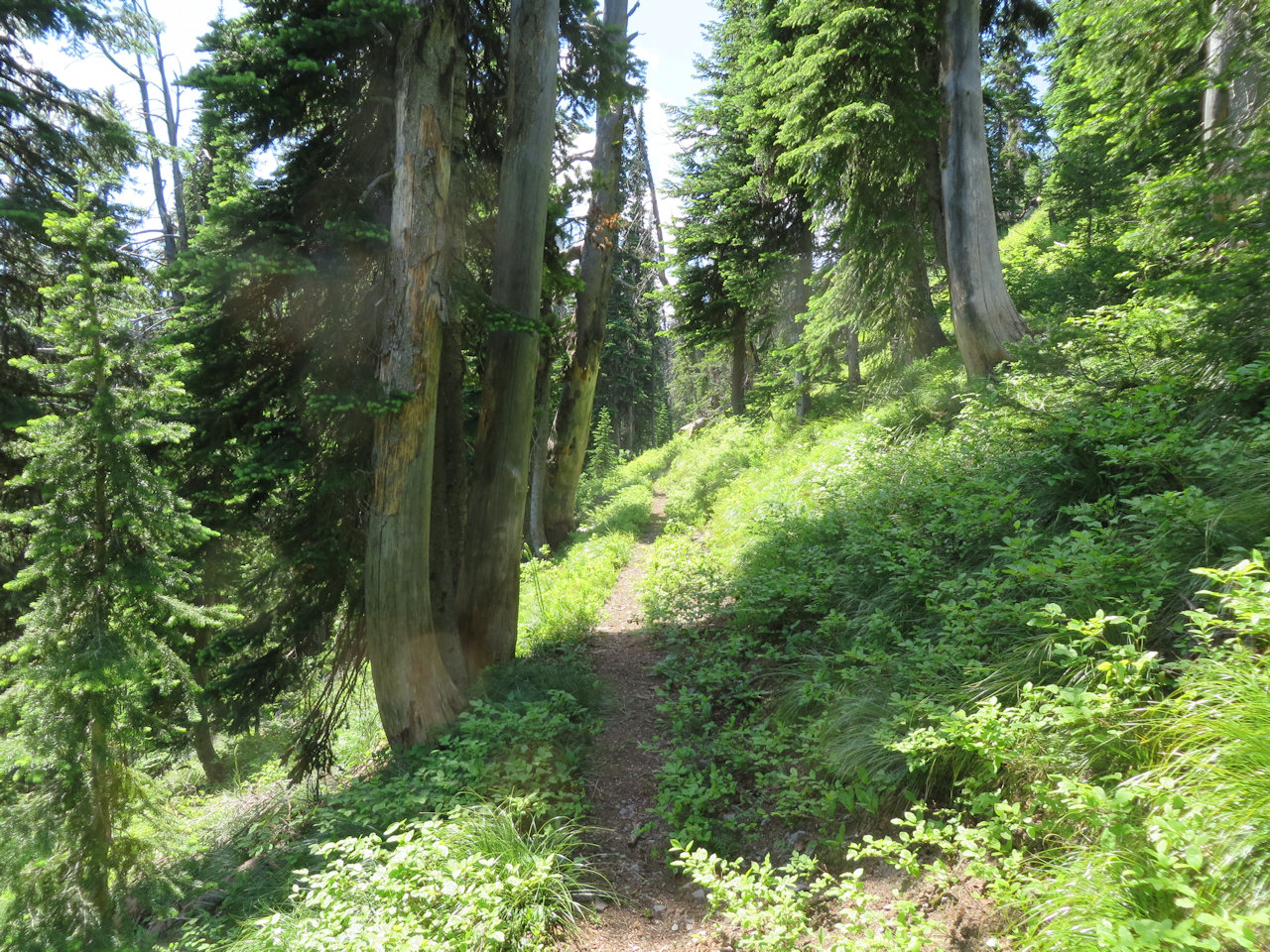
In the face of some angry senatorial blow-back, the Forest Service has restored full trail maintenance funding in Region 1. For now . . .
The U.S. Forest Service has dropped its proposal to reduce funding for trail maintenance in Montana. The agency originally planned to reduce appropriations for Region One, which includes Montana, by 30 percent over the next three years. This included a potential loss of $1 million to Montana’s federal trail budget this year.
U.S. Sens. Steve Daines and Jon Tester criticized Forest Service Chief Tom Tidwell last week for failing to prioritize trail maintenance in Montana. The agency proposed revising its formula for funding trail maintenance across the U.S. with an added emphasis on higher population centers. In Region One, there are 28,000 miles of federally managed trails.
The agency on Friday said it would reconsider the formula change and withdrew the proposal.
Also read: Forest Service backs off planned cuts in trail maintenance in Montana (Missoulian)